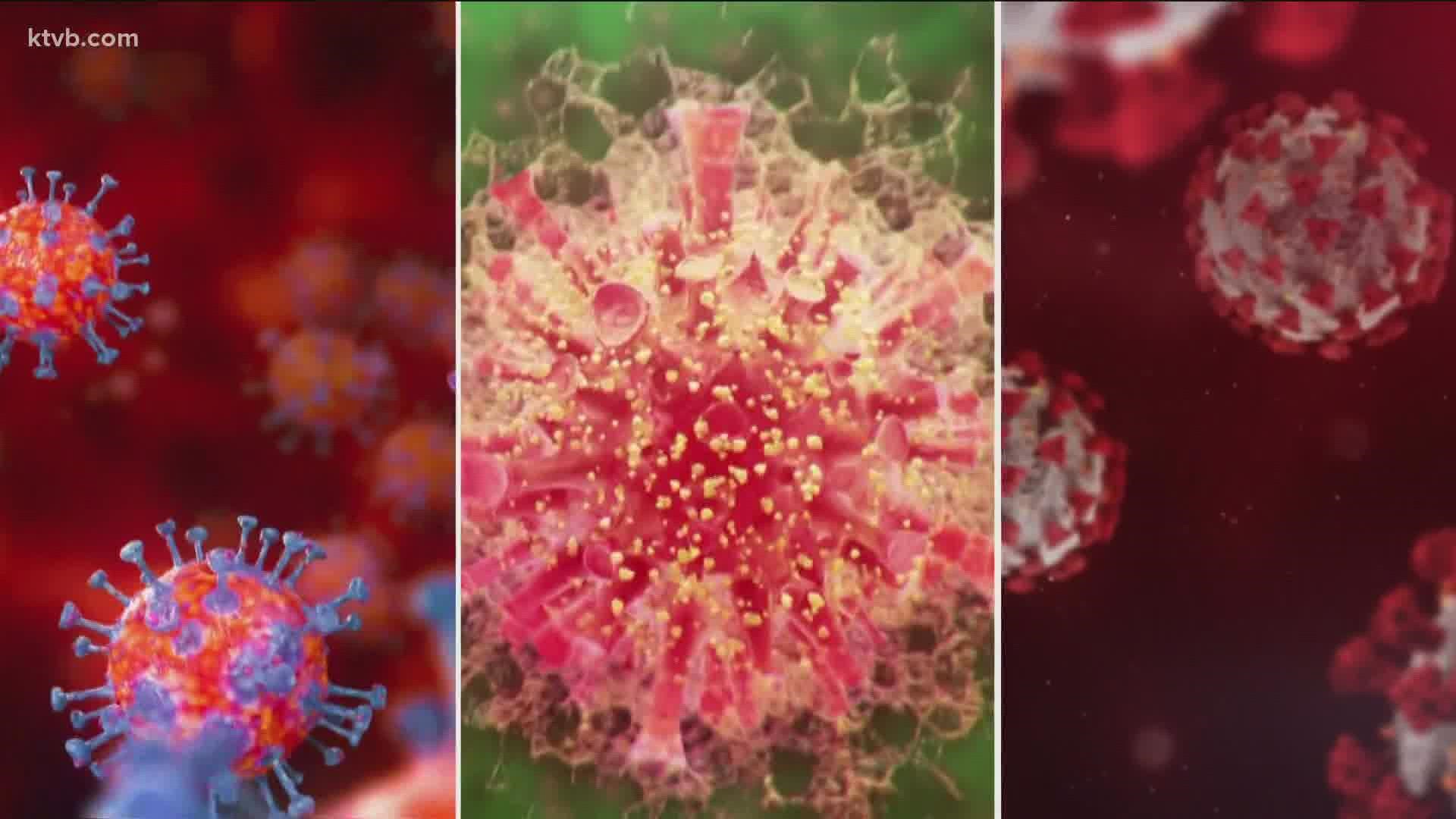IDAHO, USA — Unvaccinated people are more than 3.75 times more likely to get infected with COVID-19 than vaccinated people, according to data from the Idaho Department of Health and Welfare.
The possibility of becoming a breakthrough case, catching COVID-19 after vaccination, is sparking discussion after former secretary of state Colin Powell died earlier this week. Powell was vaccinated. However, he was 85 years old and had a history of cancer.
Officials said pre-existing conditions and age are the most important factors in someone's risk for becoming a breakthrough case.
"That said it's all about what data you have and what data you can collect," State Epidemiologist Dr. Christine Hahn said. "It could be that someone severely immunocompromised is at just as high of risk as somebody who is 85, let's say. But the strongest data is certainly age-based."
Since May 2021, Health and Welfare has been tracking and comparing data on vaccinated and unvaccinated cases on their COVID-19 dashboard.
The dashboard shows 157 breakthrough deaths and 974 unvaccinated deaths.
Data shows the unvaccinated are at higher risk. However, after infection, the risk between vaccinated and unvaccinated individuals evens out.
The numbers show 1.35% of breakthrough cases resulted in death, while 1.28% of unvaccinated infections ended in death. Health and Welfare attributed this data to the older and sicker demographics that are most likely to become a breakthrough case in the first place.
Health and Welfare officials said around 7% of unvaccinated COVID-19 cases had a pre-existing condition. Meanwhile, they're seeing that number is closer to 40% for breakthrough cases.
"It's a different population that is getting vaccine breakthrough in general," Deputy State Epidemiologist Dr. Kathryn Turner said. "So that might be contributing to the more severe outcomes we're seeing every once in a while in this population."
Facts not fear: More on coronavirus
See our latest updates in our YouTube playlist:

